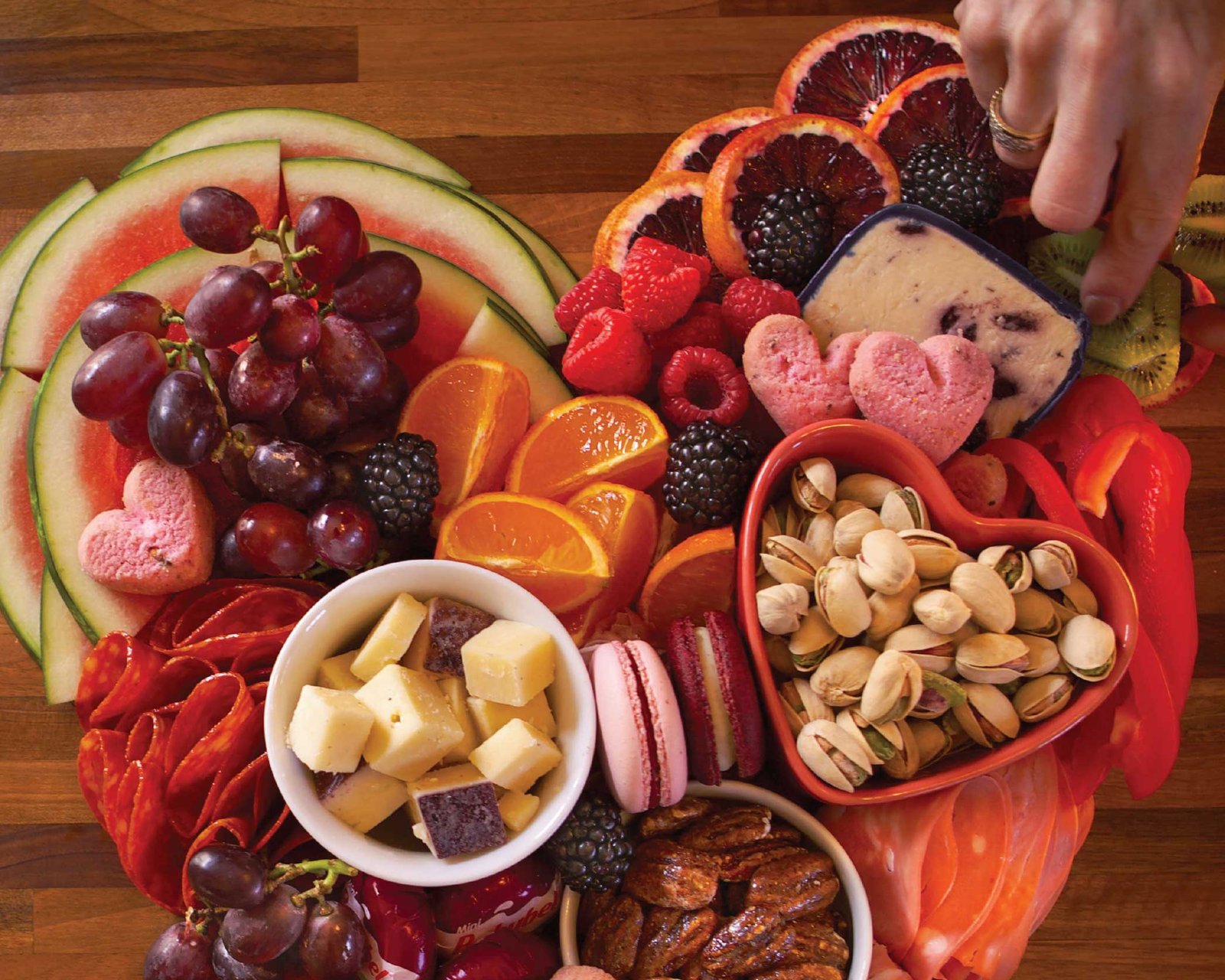Lip Picker – Causes, Risks, and Proven Solutions for Healthier Lips
Many people absentmindedly pick at their lips when they’re nervous, bored, or stressed. It may seem harmless in the moment, but being a lip picker can quickly turn into a damaging habit. Constantly peeling or biting away skin doesn’t just leave lips dry—it can lead to open wounds, infections, and long-term scars. If you’ve ever caught yourself doing this repeatedly, you’re not alone. Millions of people deal with lip picking, and with the right knowledge and strategies, it’s absolutely possible to stop.
In this guide, we’ll break down what it means to be a lip picker, why it happens, the hidden dangers, and practical solutions that work.
What Does It Mean to Be a Lip Picker?
A lip picker is someone who frequently peels, bites, or scratches the skin on their lips. While most people occasionally bite off a bit of dry skin, a true lip picker often does it so often that their lips never have a chance to heal.
This habit can range from mild to severe. For some, it’s just a nervous tic. For others, it falls under a psychological condition called Dermatillomania, also known as Skin Picking Disorder. This condition belongs to a group of behaviors called Body-Focused Repetitive Behaviors (BFRBs), which also includes hair pulling (trichotillomania) and nail biting.
In short: if you find yourself compulsively picking your lips, even when it causes pain or bleeding, you may be dealing with more than just a simple bad habit.
Why Do People Become Lip Pickers?
Lip picking doesn’t happen without reason. In fact, it usually develops as a way to cope with something elseLet us examine the two primary types of triggers: physical and psychological.
Psychological Triggers
Many lip pickers notice the habit gets worse when they feel overwhelmed, stressed, or anxious. Some common reasons include:
- Repetitive motion relieves stress and promotes relaxation.
- Anxiety – Picking distracts from racing thoughts or worry.
- Boredom – Idle moments make the urge stronger.
- Self-soothing – Similar to nail-biting or hair-twirling.
Research suggests that compulsive lip picking works like a short-term stress reliever. The problem is, the relief doesn’t last—so the cycle repeats.
Physical Triggers
Sometimes, it’s not about the mind but about the state of the lips themselves. Dry, cracked, or flaky lips can make peeling irresistible. Common physical triggers include:
- Chapped lips caused by cold weather, dehydration, or licking lips too often.
- Allergic reactions to cosmetics, toothpaste, or lip products.
- shortages in some nutrients, such low levels of vitamin B or iron.
- Poor hydration that leaves lips naturally dry.
When lips are constantly rough, a lip picker feels compelled to “smooth them out,” but ends up damaging them further.
Signs You Might Be a Chronic Lip Picker
It’s important to know when casual lip picking turns into a chronic problem. Here are some telltale signs:
- You peel skin daily or several times a day.
- Your lips are often red, sore, or bleeding.
- You feel relieved after picking, even if it hurts.
- You hide your lips in public because they look damaged.
- You’ve tried to stop before but couldn’t.
Occasional vs. Chronic Lip Picker (Comparison Table)
| Behavior | Occasional Picker | Chronic Lip Picker |
| Frequency | Once in a while | Multiple times daily |
| Damage | Minor peeling | Bleeding, sores, scars |
| Control | Easy to resist | Compulsive urge |
| Emotional Effect | None | Embarrassment, stress |
If you see yourself in the chronic column, it’s worth taking the habit seriously.
The Health Risks of Being a Lip Picker
At first, lip picking may seem harmless. But over time, the risks can become more serious:
- Pain and irritation – Constant peeling makes lips tender.
- Infections – Open wounds are vulnerable to bacteria.
- Scarring – Repeated damage can leave permanent marks.
- Delayed healing – Lips never fully recover.
- Confidence issues – Damaged lips can cause embarrassment in social situations.
Doctors note that untreated chronic lip picking can lead to cheilitis (inflammation of the lips), which is painful and often requires medical treatment.
How to Stop Being a Lip Picker – Effective Strategies
Breaking free from lip picking is possible, but it requires effort and patience. Here are proven methods that work:
Lifestyle & Skincare Solutions
- Keep lips hydrated – Apply lip balm regularly, especially before bed.
- Use protective products – Petroleum jelly, lanolin, or natural oils.
- Drink more water – Prevent dehydration, which leads to dryness.
- Avoid irritants – Limit spicy, salty foods that worsen irritation.
- Stop licking your lips – Saliva evaporates quickly, leaving lips drier.
Behavioral Techniques
Sometimes, it’s about retraining the brain:
- Habit replacement – When you feel the urge, squeeze a stress ball or use a fidget toy instead.
- Being mindful is recognizing when you are going to pick and pausing..
- Wear a bitter-tasting lip balm – This discourages biting or picking.
- Keep your hands busy – Knitting, drawing, or doodling can help.
- Track your progress – Use a journal or app to see improvement over time.
Professional Help
For chronic cases, professional guidance can be life-changing:
- Cognitive behavioral therapy, or CBT, aids in controlling obsessive behaviors.
- Therapists specializing in BFRBs – Support groups and counseling.
- Dermatologists – Can recommend medicated treatments for healing damaged lips.
Best Lip Products for Chronic Lip Pickers
A strong defense against lip picking is keeping lips soft and smooth. Here are some of the best options:
- Aquaphor Healing Ointment – Creates a protective barrier.
- Vaseline Lip Therapy – Classic, affordable, and effective.
- Burt’s Bees Natural Lip Balm – Gentle and nourishing.
- Coconut Oil or Shea Butter – Natural, soothing alternatives.
Pro Tip: Apply a heavy coating before bed to prevent nocturnal picking.
Real Stories – Case Studies of Lip Pickers Who Stopped
Sometimes, hearing how others overcame the same struggle can be motivating.
- Case Study 1 – Sarah, 25: A college student who picked her lips during exams. She started carrying a fidget cube and applied coconut oil daily. Within two months, her lips were smooth again.
- Case Study 2 – Mark, 32: A software developer who picked at night while working. After trying CBT and switching to a medicated balm, he broke the habit in six months.
- Case Study 3 – Aisha, 19: Picked lips due to anxiety. She joined a support group online and combined mindfulness meditation with journaling. The combination reduced her urges by 70% in just three months.
“It’s not about willpower alone. Once I replaced the habit with healthier routines, everything changed.” – Former lip picker
Prevention Tips – How to Avoid Becoming a Lip Picker Again
Stopping is only half the battle. You also need to prevent relapse. Here’s how:
- Keep up a daily lip care regimen by applying balm both in the morning and at night.
- Stay hydrated – Aim for 8 glasses of water daily.
- Manage stress – Try yoga, meditation, or exercise.
- Keep hands occupied – Prevent idle picking.
- Recognize early signs – Don’t let small cracks tempt you back into the cycle.
FAQs About Lip Pickers
Is lip picking dangerous?
Yes, constant picking can lead to infections, scars, and long-term lip damage.
Can lip picking cause permanent scars?
In severe cases, yes. Repeated trauma may leave noticeable marks.
How long does it take to stop the habit?
It varies. Some people improve in weeks with consistent effort, while others may take months.
What’s the fastest way to heal picked lips?
Keep them moisturized, avoid picking further, and apply healing ointments like Aquaphor or Vaseline.
Final Thoughts on Being a Lip Picker
If you identify as a lip picker, remember you’re not alone, and it’s not a hopeless situation. Lip picking is often just a sign that your body or mind is trying to cope with stress, dryness, or discomfort. By combining self-care, mindfulness, and sometimes professional support, you can break the cycle and enjoy healthier, smoother lips.
Small steps add up. Start by applying balm tonight, keeping your hands busy tomorrow, and noticing the triggers that push you to pick. With time, patience, and consistency, you’ll not only heal your lips but also build confidence in your ability to overcome compulsive habits.














Post Comment